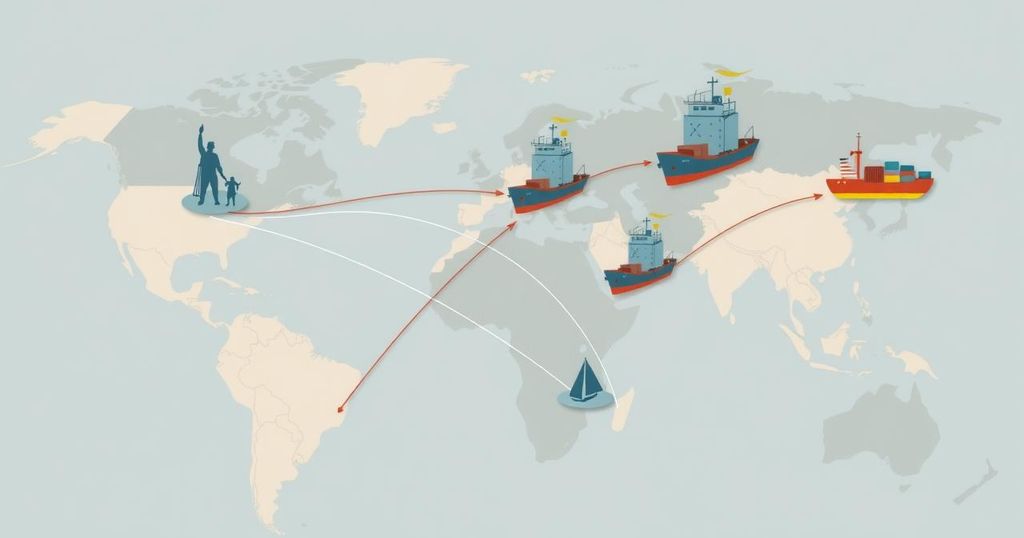NATO Chief Warns India, China Over Secondary Sanctions on Russia Trade
- NATO Secretary General Mark Rutte has warned Brazil, China, and India about potential secondary sanctions.
- Trump has threatened 100% tariffs on purchases of Russian exports if peace talks do not commence.
- Rutte advises countries to influence Putin to engage in meaningful negotiations for peace.
New Sanctions Expected for Nations Trading with Russia
In a striking statement delivered on Wednesday, NATO Secretary General Mark Rutte issued a stern warning aimed at countries such as Brazil, China, and India, indicating that they could face significant secondary sanctions if they continue their trading relationships with Russia. Rutte’s comments came in the context of urgent discussions with U.S. senators, following President Donald Trump’s announcements regarding new military support for Ukraine and his threat to impose exhaustive tariffs of up to 100% on any entities buying Russian exports unless substantive peace negotiations are initiated within 50 days. This military and diplomatic stance signals a clear message to global players: turn away from Russia or risk harsh economic repercussions.
Rutte Calls for Pressure on Putin
Rutte emphasized the need for engagement among the three nations, urging leaders in places like Beijing, Delhi, and Brasília to consider the potential impact of ongoing trade relations with Russia. “If you do not act, you might be on the receiving end of considerable penalties,” Rutte cautioned, underscoring the importance of influencing Russian President Vladimir Putin to commit to serious peace talks. His remarks were direct, stating, “Make the phone call to Vladimir Putin and demand he negotiate in good faith, or face the consequences that will significantly affect Brazil, India, and China,” he added, reflecting a growing impatience with Russia’s approach to the ongoing conflict.
Concerns About Putin’s Military Strategy
The dialogue around sanctions brought up concerns from some U.S. lawmakers, especially concerning the timeframe set by Trump for peace negotiations. Republican Senator Thom Tillis expressed reservations about the 50-day deadline, worrying that it might grant Putin an advantage to solidify military gains or negotiate from a stronger position. This reflects a broader unease that continued aggression from Russia may embolden further territorial ambitions. In response, Rutte assured that Europe would find the necessary resources to support Ukraine in peace negotiations, highlighting that the U.S. commitment to supplying Ukraine with a range of weaponry, including air defense systems and offensive capabilities, is set to vastly increase, all funded by the Europeans.
Mark Rutte’s warning underscores a growing concern among NATO and U.S. officials about the implications for nations that engage with Russia amid ongoing conflict. With pressures mounting for Brazil, China, and India to reconsider their economic ties with Russia, the next few weeks will be critical. The emphasis on compelling Putin to enter peace negotiations reflects a broader strategy aimed at curbing Russian aggression.




Post Comment